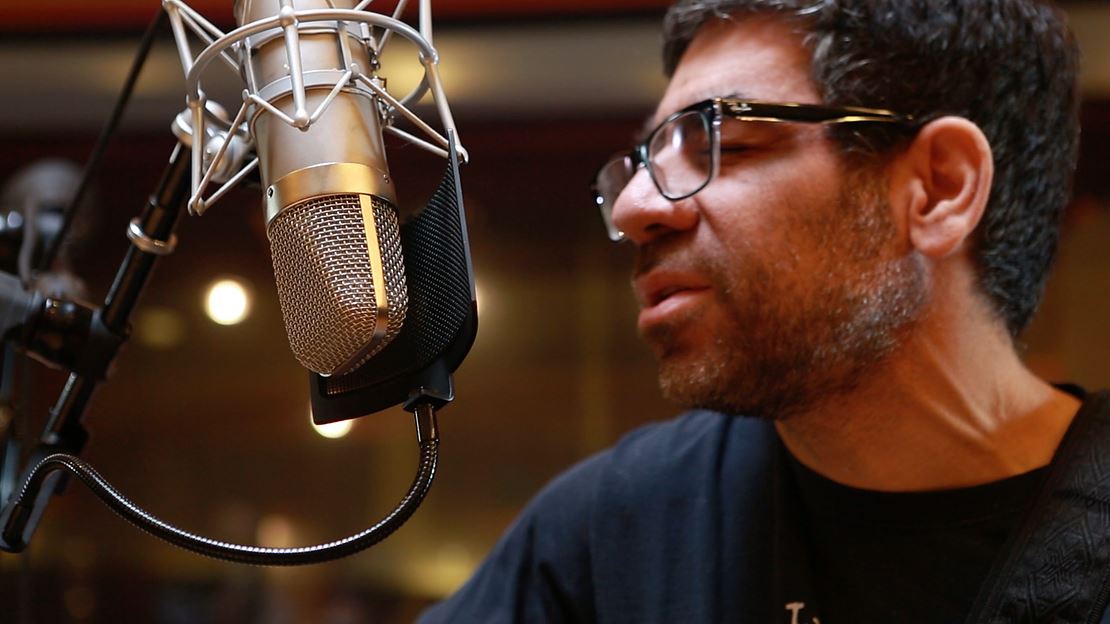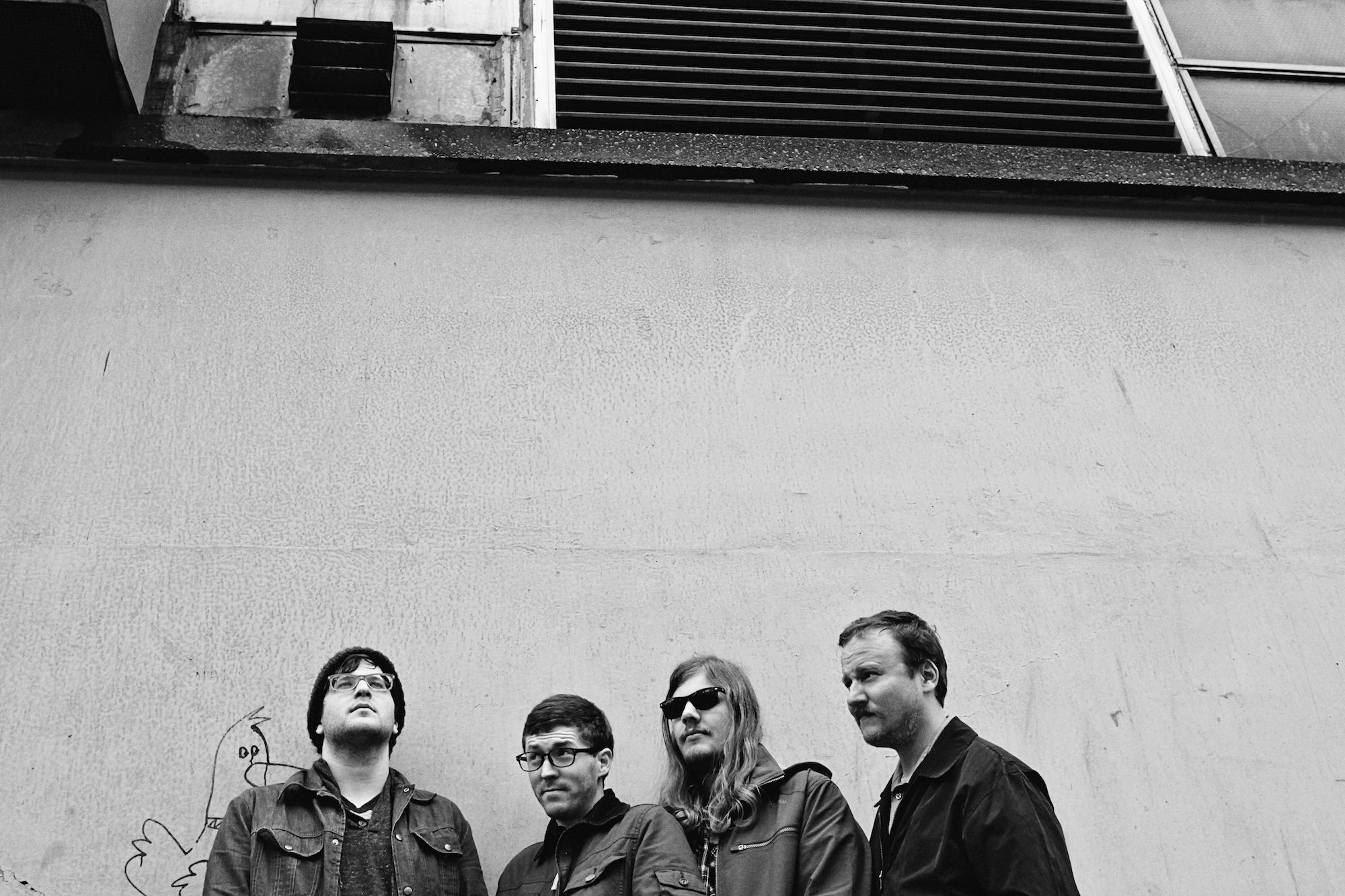

What do you hear in your head when the world goes silent?
This was the question Elijah Dhavvan of Seattle band Tobias the Owl set out to answer with his third full-length album Visalia. The question was originally posed in reference to a period in Dhavvan’s past when he felt significantly isolated, but since the release of the album in early April, it has found broader resonance in the time of COVID. In fact, Visalia is Tobias the Owl’s first album to break the College Radio Chart Top 100, even in spite of the fact the band cancelled their March tour due to the pandemic.
“I think people [are getting] the message of isolation. People are sitting at home or they’re travelling through a world that is 20% of what it once was. So, when the world gets this quiet, what do you hear when you’re listening to yourself? What becomes of it? This is when the voices inside your own head are really the loudest,” said Dhavvan.
Dhavvan would know.
At age 15, Dhavvan’s world went silent when left his strict, religious home. His mind was full of the trauma he’d experienced as a kid and the only way he could think to process it all was by hitchhiking back and forth between Houston and L.A. for four straight years. As Dhavvan put it, he was a financial “basket case,” doing day labor where he could and just barely scraping by. Then, at 19, he reached Visalia, CA—an agricultural town in the San Joaquin Valley and the new album’s namesake—and decided to make a change.
“I just looked around and I was like, ‘Okay, this journey is over, I need to put this aside and try and be something else. I don’t want to be homeless forever,'” said Dhavvan.
Dhavvan is now a doctor and the principal member of Tobias the Owl. From the outside, it may appear that he’s healed and moved on from the wounds of his tumultuous adolescence. But, when a friend recently asked Dhavvan to contribute some songs to a compilation he was crafting for homeless youth, Dhavvan realized those demons were still there beneath the surface and maybe, always would be.
“I wrote like 30 songs [for the compilation] and they were all terrible,” said Dhavvan. “I realized that I had taken this big black magic marker and redacted several lines of my own personal history. It was stuff I hadn’t faced, and I was tapping into it for the compilation but in a way that wasn’t honest or truthful to what I’d actually gone through.”
In the end, Dhavvan realized that Visalia, CA, his point of no return—needed returning to. He then made the decision to make this album, and to make it completely by himself.
“When people said they wanted to do this record with me, I said, I think I need to do this alone. I need to face down some demons,” said Dhavvan.
Dhavvan recorded the entire album—down to every instrumental part—in an 8 foot by 4 foot closet in his downtown Seattle loft. This is a significant departure from previous, community-oriented releases, like 2018’s A Safe Harbor for Wayward Echoes, which featured appearances by Ben Harper, Laura Veirs and Inara George, violin/violist Andrew Joslyn (Macklemore, David Bazan), and percussionist Scott Seiver (Aimee Mann, Tenacious D).
In this way, Visalia is an album about isolation and pain, but also about the courage and gentleness it takes to meet yourself where you are. On songs like “Sheets to the Wind,” you can really feel the pain and self-acceptance. The harmonic structure moves between minor and major qualities, while Dhavvan’s voice rises above it all, both triumphant and trepidatious. There’s a similar stinging below the surface on “All My Love,” in which Dhavvan looks to the horizon for answers and peace, comes up empty-handed, then instead decides to look inside himself.
“I haven’t healed, and that’s okay. Just saying that is important,” said Dhavvan. “You’re walking through a desert pursuing an oasis, and at some point you [realize] this is just an oasis I’m moving towards—it’s not the lush greenery and water. But, you keep walking anyways.”
Overall, Visalia is an encapsulation of what healing from pain can look like—imperfect, incomplete, incomprehensible. But instead of self-judgement, there’s a real gentleness about the Visalia, reminding listeners that it’s okay to be wherever they are in their process. And, at a time like this, there’s really no better reminder.
Follow Tobias the Owl on Facebook for ongoing updates.


